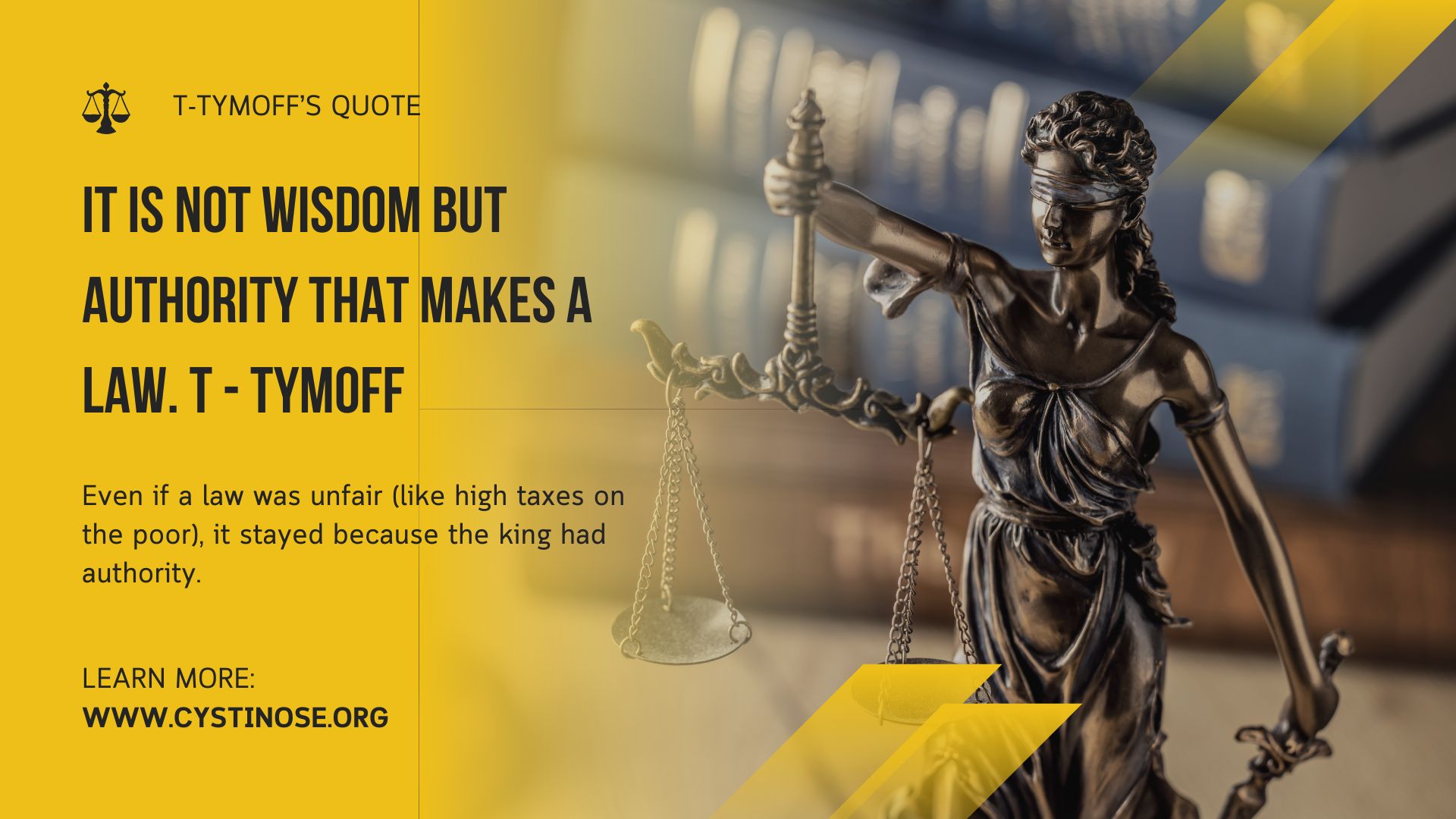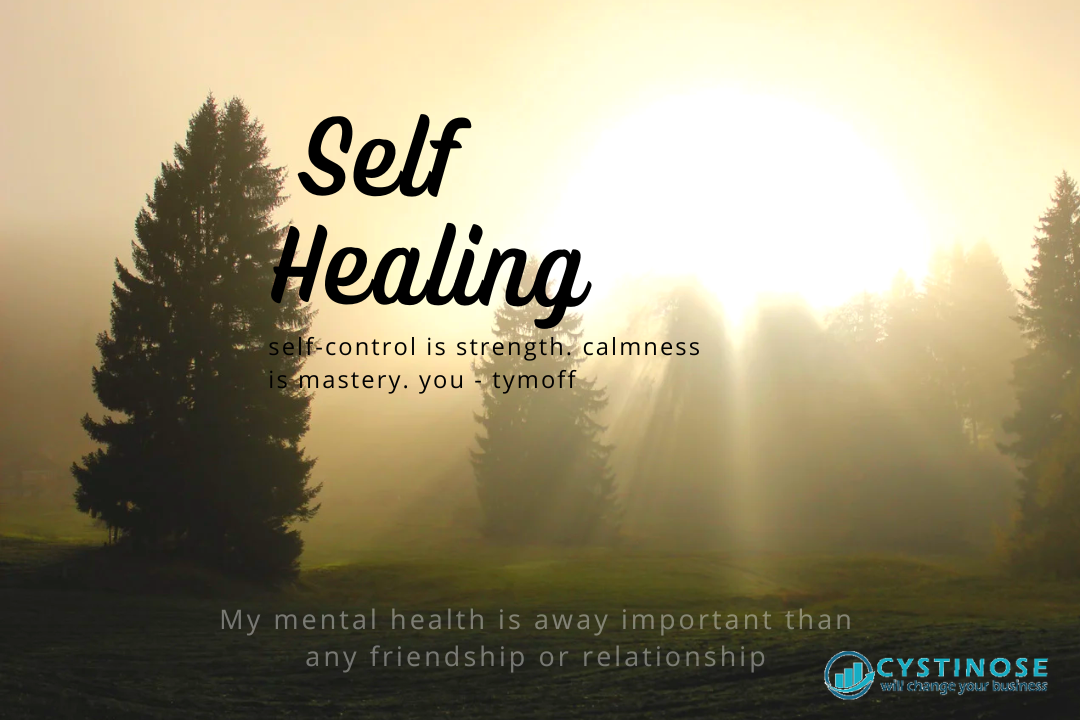What Does T-Tymoff’s Quote Mean?
The quote “it is not wisdom but authority that makes a law. t – tymoff” by T-Tymoff sparks an important question: Why do laws exist? According to T-Tymoff, laws are not always created because they are wise, fair, or logical. Instead, they exist because someone in a position of power or authority enforces them.
For example, imagine a school rule like “No running in the hallway.” This rule might not be the “wisest” way to keep students safe (maybe walking quickly is okay), but teachers or principals have the authority to make it a rule. The quote reminds us that laws often reflect who has power, not what’s best for everyone.
Wisdom vs. Authority: What’s the Difference?
To understand T-Tymoff’s idea, let’s break down the two key words:
-
Wisdom: Knowledge, experience, and good judgment.
-
Authority: The power to make rules or decisions.
Example from History: In ancient times, kings made laws without asking people what they thought. Even if a law was unfair (like high taxes on the poor), it stayed because the king had authority. Wisdom, like fairness or kindness, didn’t always matter.
Today, governments or leaders still create laws based on their authority. For instance, strict traffic rules (like speed limits) exist because lawmakers have the power to enforce them, even if some drivers disagree.
Why Does Authority Matter More Than Wisdom in Lawmaking?
T-Tymoff’s quote highlights three reasons authority shapes laws:
-
Power to Enforce: Laws need someone strong (like police or courts) to make people follow them. Wisdom alone can’t force action.
-
Quick Decisions: In emergencies, leaders use authority to make fast rules (like curfews during riots) instead of debating the “wisest” solution.
-
Stability: Authority creates order. If only wise ideas became laws, societies might argue forever about what’s “right.”
Real-Life Example: In the shadow of the COVID-19 pandemic, governments wielded their power fiercely. They imposed mask mandates and lockdowns, creating a protective shield for public health. Like guardians of safety, they navigated uncharted waters to curb the virus’s spread. Some people questioned the wisdom of these rules, but the laws still applied.
When Authority Overrules Wisdom: Good or Bad?
While authority keeps society organized, it can sometimes lead to unfair laws. Let’s explore:
The Good Side of Authority:
-
Stops chaos (e.g., punishing theft or violence).
-
Protects people (e.g., food safety laws).
The Bad Side of Authority:
-
Unjust laws (e.g., historical laws that allowed slavery).
-
Abuse of power (e.g., dictators making unfair rules).
T-Tymoff’s quote warns us to question who makes laws and why. Just because a rule exists doesn’t mean it’s wise!
How Can We Balance Authority and Wisdom?
For laws to be fair, societies need both authority and wisdom. Here’s how:
-
Democracy: Letting people vote ensures that leaders use wisdom and authority.
-
Checks and Balances: Courts review laws to see if they’re fair.
-
Public Feedback: Protests or petitions challenge unwise laws.
Fun Fact: The phrase “rule of law” means everyone (even leaders) must follow the same rules. This balances authority with fairness!
Final Thoughts: T-Tymoff’s Message for Us
T-Tymoff’s quote “It is not wisdom but authority that makes a law” teaches us to think critically about laws. Ask yourself:
-
Who made this rule?
-
Is it fair or just about control?
Grasping the essence of authority empowers us to advocate for laws that are both wise and compassionate. Let’s pave the way for a future filled with justice and kindness. Through our understanding, we can nurture a legislative landscape that cares for all.


